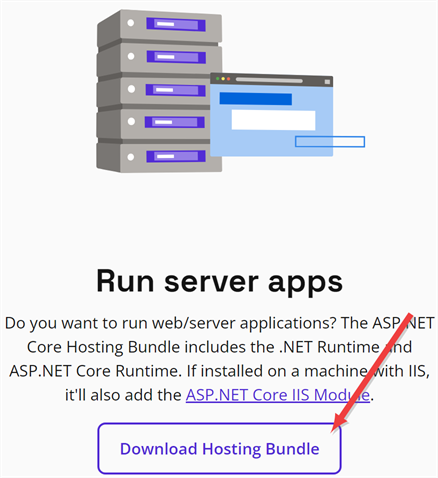Table 814: System Requirements provides the recommendations for minimum system specifications used by Keyfactor Command components. All servers may be deployed as virtual machines and may be part of a clustering or load-balanced architecture, if desired. If the Keyfactor Command roles are co-located, the specifications may need to be scaled accordingly. All Microsoft-supported methods for making SQL Server highly available are supported. For most high availability requirements, Keyfactor recommends using always on availability groups (see SQL Server).
Table 814: System Requirements
|
Component |
Minimum Requirements |
|---|---|
|
Keyfactor Command Server |
|
|
Microsoft SQL Database |
Ability to connect to a Microsoft SQL Server 2017, 2019, or 2022 all with TLS encryption enabled and compatibility level 130 or higher. 8 GB RAM, 2+ GHz CPU (>= 2 cores), 500 GB disk |
| Browser to Access the Management Portal |
|
| EJBCA CA (Optional) |
|
